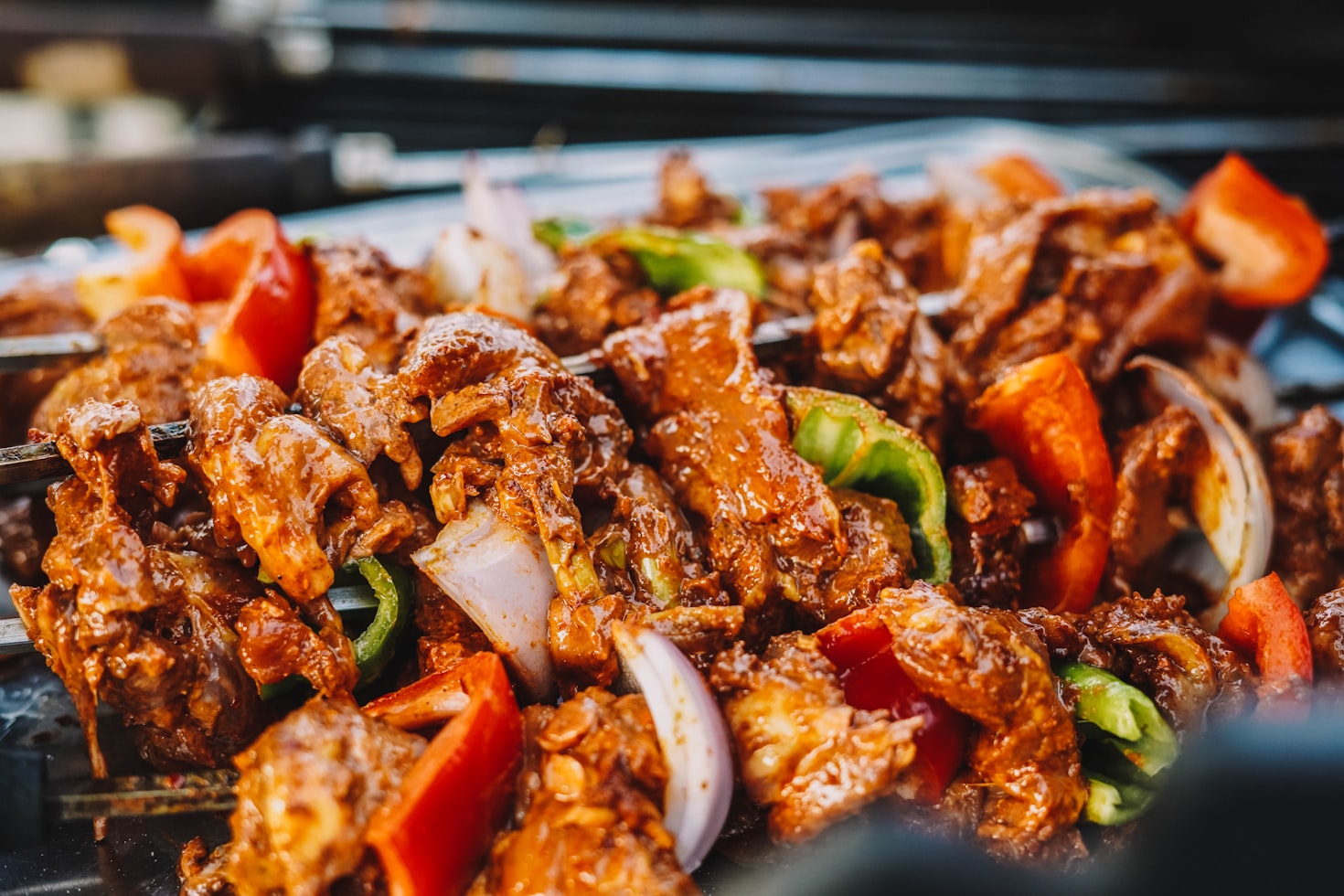Can You Eat Too Much Fat on a Keto Diet?
The ketogenic diet, or keto diet, has gained significant popularity in recent years for its potential to promote weight loss and improve overall health. This low-carb, high-fat diet involves drastically reducing carbohydrate intake and replacing it with fat. By doing so, the body enters a state of ketosis, where it burns fat for fuel instead of carbohydrates.
The Role of Fat in a Keto Diet
Fat is a crucial component of the keto diet. It provides the majority of the calories consumed and is essential for maintaining ketosis. When following a keto diet, fat intake typically ranges from 70% to 75% of total daily calories.
Consuming high amounts of fat on a keto diet is necessary to shift the body’s metabolism from using carbohydrates as the primary source of energy to using fat. This metabolic shift allows the body to efficiently burn stored fat, leading to weight loss.
Understanding Macronutrient Ratios
Macronutrient ratios play a vital role in the success of a keto diet. The standard macronutrient breakdown for a keto diet is approximately:
- 70-75% of calories from fat
- 20-25% of calories from protein
- 5-10% of calories from carbohydrates
These ratios ensure that the body remains in a state of ketosis, where it efficiently burns fat for energy. Deviating from these ratios can potentially hinder the effectiveness of the diet.
The Importance of Caloric Balance
While fat is a primary component of a keto diet, it is essential to maintain a caloric balance to achieve weight loss goals. Consuming excessive calories, even from healthy fats, can lead to weight gain or hinder weight loss progress.
It is crucial to remember that the keto diet is not a free pass to consume unlimited amounts of fat. Calories still matter, and consuming more calories than the body needs can result in weight gain.
Potential Risks of Consuming Excessive Fat
While fat is a necessary component of a keto diet, consuming excessive amounts can have potential risks and drawbacks. Some potential risks include:
- Weight Gain: Consuming excess calories from fat can lead to weight gain, even on a keto diet.
- Cholesterol Levels: High intake of saturated fats, commonly found in animal products, can increase LDL cholesterol levels, which may increase the risk of heart disease.
- Nutrient Deficiencies: Focusing solely on high-fat foods may lead to inadequate intake of essential nutrients found in fruits, vegetables, and whole grains.
- Gastrointestinal Issues: Consuming excessive amounts of fat can cause digestive issues such as diarrhea, bloating, and discomfort.
Strategies for Balancing Fat Intake
To ensure a healthy and balanced keto diet, it is important to consider the quality and sources of fat consumed. Incorporating the following strategies can help maintain a healthy fat intake:
- Choose Healthy Fats: Focus on consuming healthy fats such as avocados, nuts, seeds, olive oil, and fatty fish. These fats provide essential nutrients and are less likely to contribute to negative health effects.
- Moderate Saturated Fat Intake: While saturated fats can be part of a healthy diet, it is important to moderate their intake. Opt for leaner cuts of meat and limit processed and fried foods.
- Include Fiber-Rich Foods: Incorporate fiber-rich foods such as non-starchy vegetables, berries, and chia seeds to support digestive health and prevent nutrient deficiencies.
- Monitor Caloric Intake: Pay attention to portion sizes and track daily caloric intake to ensure a balance between fat consumption and weight management goals.
Frequently Asked Questions
1. Can I eat unlimited amounts of fat on a keto diet?
No, it is important to maintain a caloric balance and avoid consuming excessive calories, even from healthy fats. Consuming more calories than the body needs can hinder weight loss progress or lead to weight gain.
2. Can a high-fat diet lead to heart disease?
A high intake of saturated fats, commonly found in animal products, can increase LDL cholesterol levels and potentially increase the risk of heart disease. It is important to choose healthy fats and moderate saturated fat intake.
3. Can I consume too much protein on a keto diet?
While protein is an essential macronutrient, consuming excessive amounts can potentially hinder ketosis. It is important to maintain the recommended macronutrient ratios for a keto diet.
4. Can a keto diet lead to nutrient deficiencies?
Focusing solely on high-fat foods may lead to inadequate intake of essential nutrients found in fruits, vegetables, and whole grains. It is important to incorporate nutrient-dense foods into a keto diet.
5. Can consuming too much fat cause digestive issues?
Consuming excessive amounts of fat can cause gastrointestinal issues such as diarrhea, bloating, and discomfort. It is important to choose healthy fats and monitor fat intake to avoid digestive problems.
6. Can I follow a keto diet without consuming high amounts of fat?
The primary goal of a keto diet is to shift the body’s metabolism to burn fat for fuel. While fat intake is essential, it is possible to follow a modified version of the keto diet with a lower fat intake. However, it is important to consult with a healthcare professional or registered dietitian before making any significant dietary changes.
Summary
While fat is a crucial component of a keto diet, it is important to maintain a balance and avoid excessive fat consumption. Consuming too much fat can lead to weight gain, increase cholesterol levels, cause nutrient deficiencies, and result in digestive issues. By choosing healthy fats, moderating saturated fat intake, and monitoring caloric intake, individuals can maintain a healthy and effective keto diet. It is always recommended to consult with a healthcare professional or registered dietitian before starting any new diet or making significant dietary changes.






